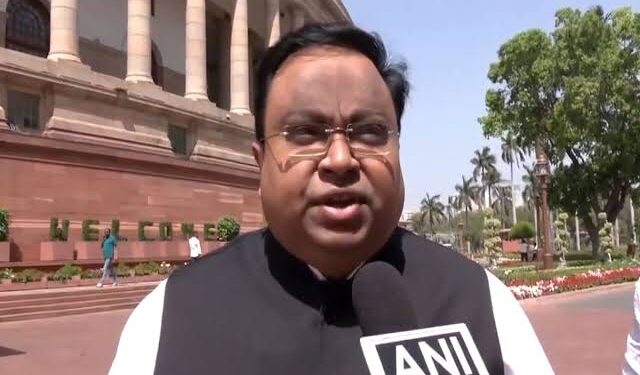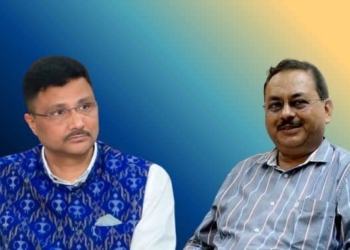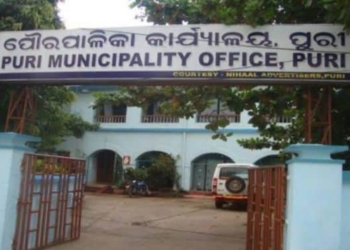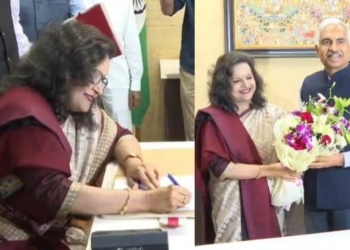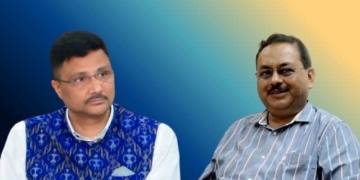The passage of the Waqf (Amendment) Bill, 2025 in Parliament has sparked a political storm in Odisha, particularly after Biju Janata Dal (BJD) MP Sasmit Patra voted in favour of the bill in the Rajya Sabha.
The move has led to intense criticism from the Congress, which alleges a covert alliance between the BJD and the ruling BJP.
Conflicting Stances Within BJD
The confusion deepened after BJD MP Munna Khan had earlier opposed the bill during the same Rajya Sabha session. Later, Sasmit Patra clarified that party MPs were asked to vote according to their conscience. “I have supported the bill,” Patra said.
However, senior BJD leaders expressed dismay over the conflicting positions. Badri Patra noted, “Our party president had directed us to oppose the bill. Why no whip was issued is unclear. The situation is awkward and confusing.” Echoing this, Sashi Bhusan Behera added, “There’s been some confusion… our party president will address and clarify everything soon.”
Congress Slams BJD, Cites ‘Deal’ Theory
The Odisha Congress took to social media to attack the BJD, calling the vote a sign of continued collusion with the BJP. “They cannot cheat the people of Odisha with such tricks. Congress is the only alternative,” the party wrote on X.
Odisha PCC President Bhakta Das alleged that a behind-the-scenes deal influenced the BJD’s shift in position. “Father and son went to Delhi and struck a deal,” Das said, in an indirect reference to Naveen Patnaik and VK Pandian. He further claimed that the BJD’s support for the bill could be a strategic move to shield Pandian from central agencies.
Political Implications Ahead of Elections
Political analysts say the incident could significantly impact the pre-election narrative in Odisha. The mixed signals from the BJD have opened the door for the opposition to target the ruling party on questions of credibility and alliance dynamics.
As the controversy unfolds, all eyes are now on BJD leadership for clarity on its stand and internal unity, with Congress aggressively positioning itself as the true opposition voice in the state.

